Wasps Are Back This Summer – What’s Behind the Surge?
Wasps are back this summer, and the UK is witnessing a sharp rise in their activity due to warm and dry weather conditions. John Horsley, a pest control professional, recently experienced firsthand how troublesome these insects can be when one crawled down his T-shirt and stung him multiple times.
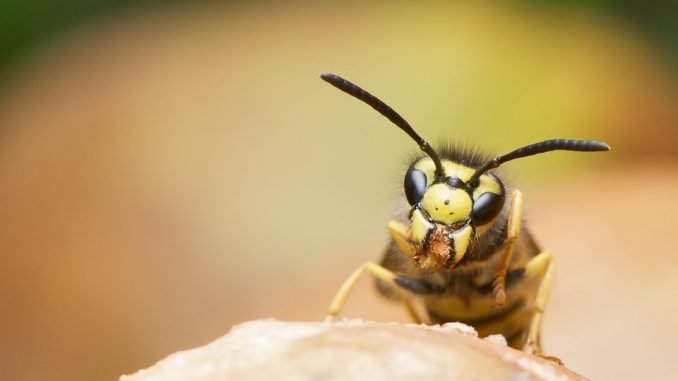
According to Horsley, this year has been unusually busy for pest controllers dealing with wasps. He notes that larger nests have appeared earlier in the season, and sightings of wasps around gardens and public spaces have increased.
Why Are Wasps Back This Summer in Greater Numbers?
Wasps are currently busy raising their young, but later in the season, they often congregate in parks and picnic spots searching for sweet treats before their colonies die out. Horsley explains that wasp populations tend to rise every few years due to specific weather patterns.
“This year’s warm and dry conditions have been ideal for them,” he says. The Met Office also reported that this spring was the warmest in over 50 years, a stark contrast to last summer, which was the coolest in nearly a decade.
Experts Predict a Strong Wasp Season
Professor Seirian Sumner of University College London, one of the world’s leading wasp researchers, believes that all signs point to a thriving wasp season, although official population data will take time to confirm. Based on current weather patterns and the increase in other insect species, her gut feeling is that 2025 will be a “good year for wasps.”
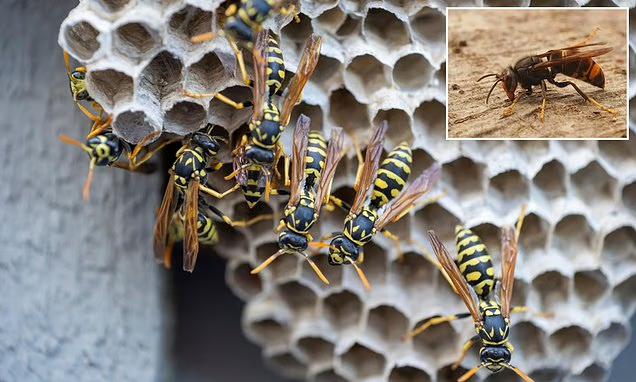
The UK is home to around 9,000 wasp species, but only a few, such as the common wasp (Vespula vulgaris), interact regularly with humans. A 2021 poll even ranked them as the second most disliked insect in the UK, just behind spiders. Wasps are back this summer
Why Wasps Are Crucial for the Environment
Despite their reputation, experts emphasize that wasps are vital to maintaining healthy ecosystems. Professor Sumner describes them as “apex predators” of the insect world. Removing wasps would disrupt the natural balance, leading to unchecked populations of other pests.
“They’re natural pest controllers,” she explains. “Wasps play an important role in our gardens, farmland, and wild landscapes by keeping pest insects under control.”Wasps are back this summer.
Living Alongside Wasps Without Harm
Nikki Banfield from the insect conservation charity Buglife stresses the need to appreciate wasps rather than fear them. “Many people think of wasps as aggressive bees, but they play an essential role in the environment,” she says.
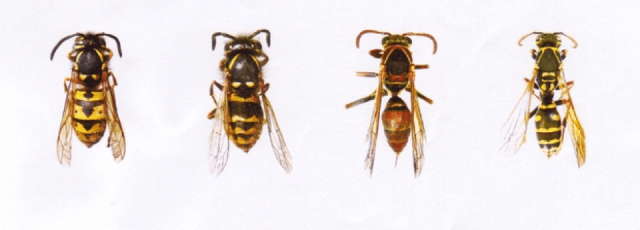
Globally, insect populations are declining due to intensive agriculture, pesticide use, and climate change. This decline has serious effects on birds, amphibians, and other wildlife that depend on insects for food. However, the common wasp’s population has remained stable for over a century. Other species like houseflies, cockroaches, and the European hornet are also thriving, with the latter expanding its range northward due to warming temperatures.
Sightings of the invasive Asian hornet, which arrived in the UK in 2016, are increasing as well. After a poor year for butterflies in 2024, naturalists are now reporting a resurgence of common butterfly species, as well as an increase in ladybirds, thanks to this year’s warm weather.
How to Avoid Wasp Stings
For those worried about their picnics being invaded, Banfield suggests leaving a small dish of sweet liquid, like jam or juice, away from where you’re sitting to distract the wasps. It’s also important to remain calm – avoid screaming, waving your arms, or swatting at them, as this can provoke aggression.
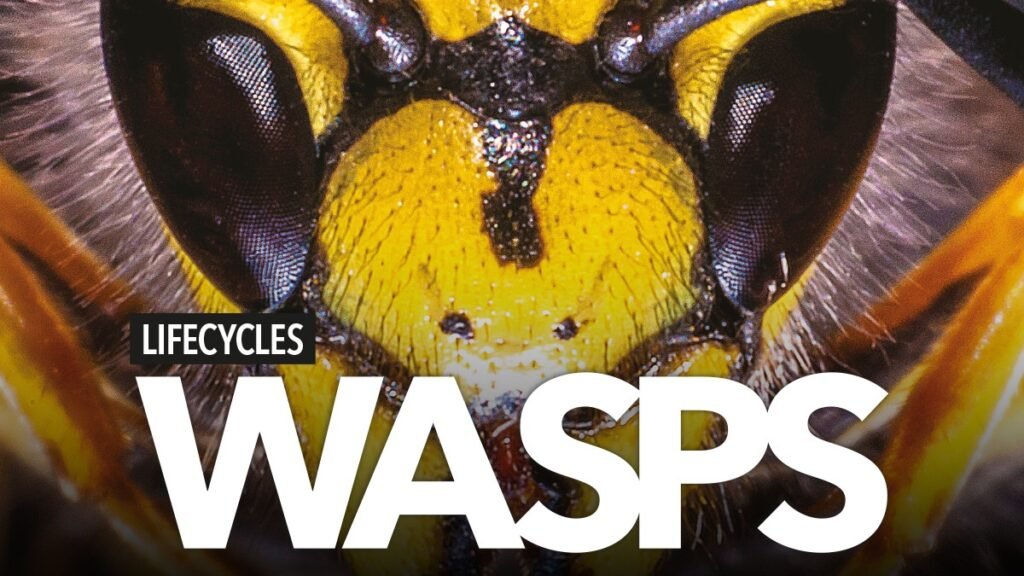
Wasp stings can be dangerous, especially for those with severe allergies, as they can trigger anaphylactic shock. Horsley advises: “Don’t disturb wasp nests. If they become a problem, seek help from a professional pest control expert.”
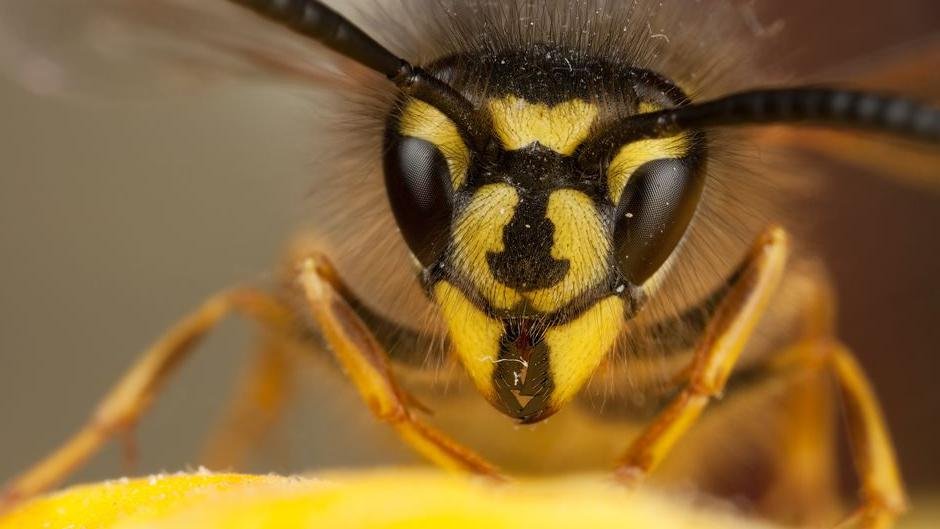

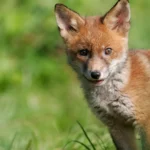


Very well presented. Every quote was awesome and thanks for sharing the content. Keep sharing and keep motivating others.